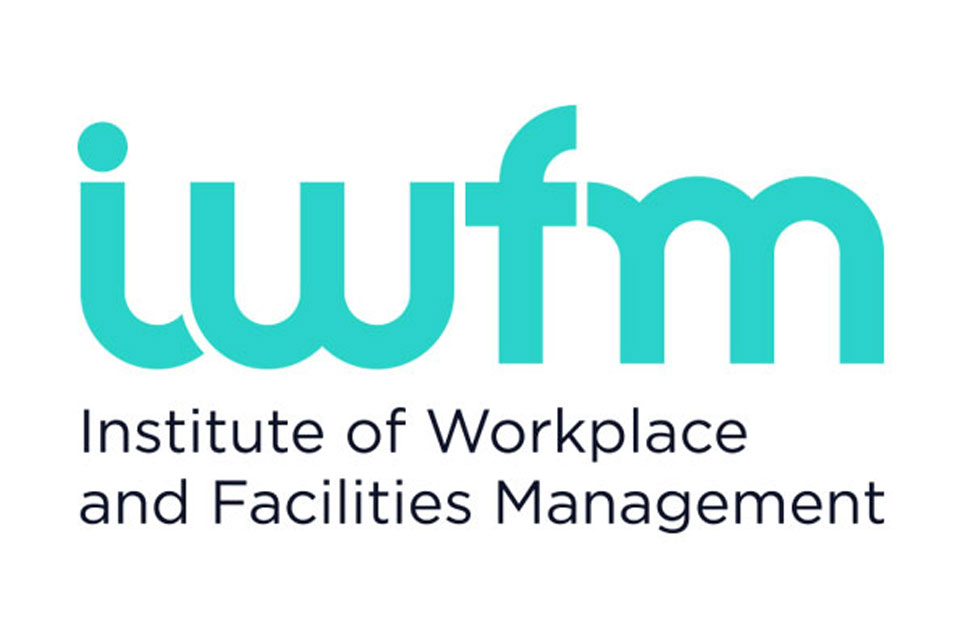A new British Land report co-produced with Worktech Academy has detailed the rise of the smart office building within the next 12 month period.
The report explains that key pieces of smart office structure are already available, including intelligent building management systems, location-aware beacons and sensors, and workplace apps.
Over the next 12 months smart buildings will start to communicate with each other properly as open protocols come on stream.
By 2020 the report predicts that the physical infrastructure of an office building – including what office workers themselves carry or wear – will be part of one complete smart system, generating and autonomously acting upon all kinds of data.
The smart office building uses internet-enabled technology to gather data and bring all off its key operating systems under one central control, creating a better workplace by bringing a range of different elements together.
The benefits detailed within the report are an enhanced user experience that helps to increase productivity, attract and retain talent, support wellbeing and promote corporate brand values.
Smart buildings also have the advantage of reducing costs and lessening environment impact by using space more efficiently.
The report continues: “What makes the smart office so potentially significant for occupiers is the impact on human performance at every level – operational, environmental and strategic. Smart buildings are easier to run and maintain, and they can adapt to change. They thus offer real benefits to occupiers of every type.
“The smart office can be described as a journey, not a destination. Smart technologies are evolving all the time and the picture never stands still. But something important is coming into focus right now, and companies are beginning to understand the benefits of smart buildings; not just saving on energy bills, but also producing an environment that can be optimised for the tasks their particular business and employees need to achieve, which in turn leads to greater wellbeing and productivity and, ultimately, boosts talent attraction and retention.”









